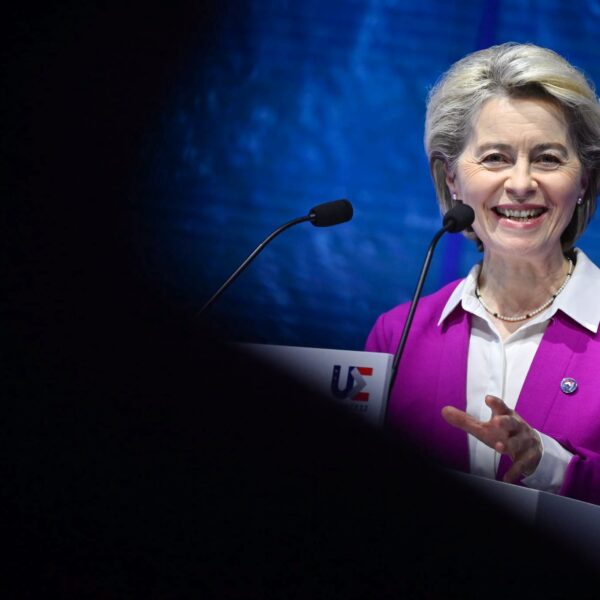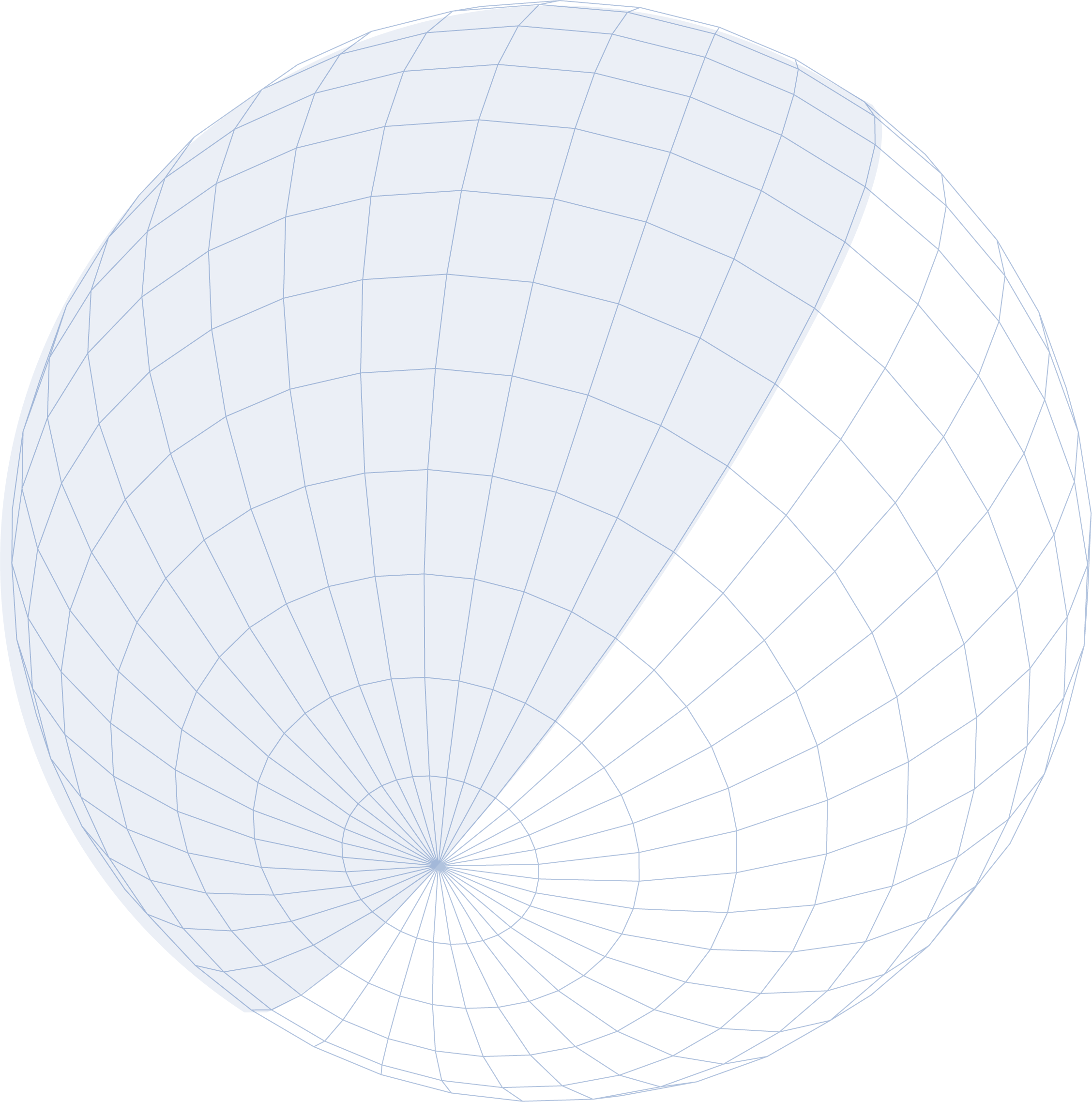European Digital Twin of the Ocean
What is a Digital Twin of the Ocean?
A digital twin is a virtual replication of a real-world object, system, or process. Extensively used in engineering and manufacturing, digital twins are increasingly being used to capture natural world properties and behaviours, revolutionising our knowledge and providing a safe and controlled environment to simulate scenarios, monitor and analyse impacts on existing entities.
Along the same lines, the Digital Twin of the Ocean will provide a consistent, high-resolution, multi-dimensional and near real-time and future virtual description of the ocean. This includes its physical, chemical, biological, socio-economical dimensions. Fed by continuous real-time and historical observations from thousands of sensors across the world’s oceans and numerous satellites, at the same time allowing for integration of alternative data flows, the Digital Twin of the Ocean will integrate advanced modelling powered by artificial intelligence and machine learning and supercomputing.
The knowledge generated will help design the most effective ways to restore and protect marine and coastal habitats, support sustainable blue economy markets, and mitigate and adapt to climate change.
How is Europe building a
Digital Twin of the Ocean?
The European Commission launched the development of the European Digital Twin of the Ocean (European DTO) at the One Ocean Summit in February 2022. A main element of the Digital Ocean Knowledge System under the EU Mission Restore our Ocean and Waters, the European DTO’s ambition is to make ocean knowledge readily available to all. From international policymakers, national governments and researchers, to businesses and entrepreneurs to activists and citizens, alike, the DTO will provide them with an innovative set of user-driven, interactive and decision-making tools, backed by science and data.
Leveraging on existing core European observing and data infrastructures, services and projects (including Copernicus, EMODnet, EuroGOOS, marine research infrastructures, among others) and digital capacities (EuroHPC), the development of the core European DTO is well underway. The European Commission announced €13 million of funding from the European Union to build the infrastructure backbone that will be channelled through the EDITO Infra and Model Lab projects to produce an operational European DTO by 2024, complementing the €19 million project, Iliad, funded under the Green Deal Call for research proposals to pilot the DTO concept.
The European DTO will be fully compatible with the Destination Earth (DestinE) architecture, led by ESA, EUMETSAT and ECMWF. From data integration to using European High Performance Computing (EuroHPC) to data exploitation, the DTO will be fully aligned with the DestinE Digital Twins and strongly support the European Union’s Digital Strategy and Green Deal objectives.

URSULA VON DER LEYEN
European Commission President

 The ocean is still largely a great mystery for humankind.
The ocean is still largely a great mystery for humankind.
That is why Europe is building a digital twin of the ocean. We are connecting our assets – like the Copernicus satellites, marine infrastructure like icebreakers, buoys and underwater drones, and high-performance computing. We will gather the raw data and turn it into real-time knowledge and longer-term predictions. We are putting the power of the digital revolution at the service of our climate. […] Thanks to the EU and its Member States, a digital twin should be operational by 2024. It will make ocean knowledge open-access, available to citizens, scientists and policymakers around the world. It will be a platform for global cooperation.

Mercator Ocean’s leadership in developing the European DTO
Mission
Mercator Ocean International (MOi) has been at the forefront of developing digital ocean models over the last two decades, leading the field of operational oceanography. Delivering a constantly evolving digital description of the marine environment worldwide, MOi is strongly committed to developing and sharing ocean knowledge, integrating digital solutions into sustainable services and engaging with society. In this digital era, MOi will lend its full expertise and extensive experience to the European Commission and play a leading role in the development of the European DTO. Federating partners and initiatives on the EU and international level, MOi will ensure an inclusive and collaborative approach in building the digital framework, core model suite and virtual environment for the DTO.
Vision
MOi is fully committed to delivering an operational digital description of marine environments worldwide and works hard to make ocean knowledge available and accessible to all (#Wearealloceancitizens). The European DTO will build on this vision and provide every citizen of our blue planet effective means and agency to better understand the ocean and make informed decisions, collectively sharing the responsibility protect marine and coastal habitats. A game changer for knowledge-based decision-making, the DTO will provide a dynamic interactive platform and tool, generating information tailored to specific needs, crucial in helping scientists, policy makers, national authorities, private industries and the public at large, understand the role humans and nature play in shaping the ocean’s, and ultimately our planet’s future.
How will the European DTO improve ocean knowledge and sustainable action?
- Improve understanding of marine environments and biodiversity, from the coast to open ocean, from ocean physics to ice to biogeochemistry, from the surface to the seabed, allowing a digital exploration in time and space of the ocean adapted to different user needs
- Predict the ocean and marine ecosystem’s response to human and natural pressures
- Simulate future scenarios to evaluate potential impact of human interventions
- Assess management strategies, inform decisions and design effective policies to protect and restore marine and coastal habitats, support a sustainable blue economy and combat climate change.
Discover the innovative EDITO projects, led by MOi, building the operational European DTO:

edito-infra.eu
EDITO-Infra will build the public infrastructure backbone for the European DTO by upgrading, combining and integrating key service components of the existing European ocean observing, monitoring and data programmes Copernicus Marine Service and EMODnet into a single digital framework.
Led by MOi and the Flanders Marine Institute (VLIZ), EDITO-Infra will provide the foundation for the further development of the EU DTO initiative, hosting the deployment of multiple DTO applications from ongoing and future digital twin projects, supporting the deployment of new generation of ocean models (EDITO-Model Lab) and of the Horizon Europe “Mission Lighthouses” projects.
edito-modellab.eu
EDITO Model Lab is a 3-year project funded by the European Union (EU) aiming to develop the next generation of ocean models, complementary to the Copernicus Marine Service and to be integrated into the EU public infrastructure of the European Digital Twin Ocean (EDITO-Infra). The 14-partner consortium is led by MOi.
The project will demonstrate the feasibility to connect and interoperate on a common platform a large variety of ocean model components allowing for global, regional-to-coastal model configuration and the co-development of new simulations and scenarios for enhanced on-demand ocean forecasting and ocean climate prediction capacities.
The Digital Ocean Forum
The Digital Ocean Forum reunites experts, stakeholders, policymakers and interested citizens in the co-design and co-creation of the European DTO, and to agree on how to move forward together to meet this transformational challenge. MOi initiated the forum and organised the first edition in Paris in April 2022, under the auspices of the EU Commission and in the context of the French Presidency of the European Union.
The second edition took place from 14 to 15 June 2023 organised by the European Commission’s Directorate-General for Research (DG RTD) and Directorate-General for Maritime Affairs and Fisheries (DG MARE) together with Mercator Ocean International and the Flanders Marine Institute (VLIZ). The event served to discuss progress made so far and gathered feedback on goals and aspirations that can be accomplished by setting up a robust EU DTO. Other topics included ethical considerations and exploring opportunities to leverage the DTO to address challenges such as the marine implications of climate change and biodiversity loss, and examine how the DTO can aid in policymaking and decision-making to promote a sustainable blue economy.
The 2024 Digital Ocean Forum took place on 13 June in Brussels under the Belgian presidency of the Council of the EU. Organised by the European Commission with support from Mercator Ocean International, VLIZ and Seascape Belgium, this flagship event was the occasion to showcase publicly and for the first time the prototype of the EU DTO core infrastructure. The high-level public event was preceded by a scientific workshop, to gather further feedback and requirements from key EU and national research projects and initiatives and establish priorities for future developments with a strong user-centric approach.
Contributing to international DTO efforts
The European DTO contributes directly to challenge 8 of the UN Ocean Decade for Sustainable Development, which focuses on creating a digital representation of the ocean. Moreover, MOi hosts the OceanPrediction Decade Collaborative Centre (DCC), which works with other DCCs, Decade Coordination Offices and programmes including the Digital Twins of the Ocean (DITTO) programme to address this ambitious challenge. On the international scene, MOi is also responsible for the EU action coordination for the G7 Future of Seas and Ocean Initiative, which includes a specific priority to enhance international collaborations on the development of Digital Twins of the Ocean including observing requirements and data sharing / interoperability issues.
Within this context, in 2021, the DITTO programme with MOi and other partners initiated an international summit underscoring a global commitment to cultivate a shared understanding and exchanging best practices in the development of DTOs.
Challenge 8: Through multi-stakeholder collaboration, develop a comprehensive digital representation of the ocean, including a dynamic ocean map, which provides free and open access for exploring, discovering, and visualizing past, current, and future ocean conditions in a manner relevant to diverse stakeholders.
